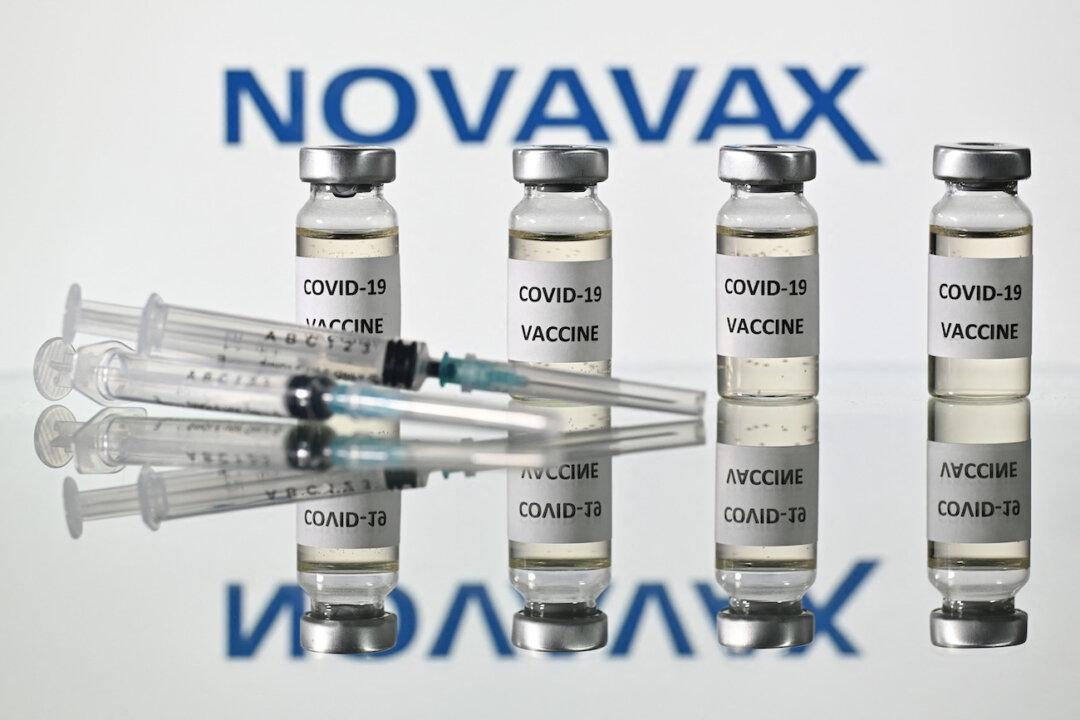A U.S. Food and Drug Administration (FDA) vaccine advisory panel voted on Tuesday to recommend the emergency use of Novavax’s COVID-19 vaccine.
The advisory voted 21–0 with one abstention, after seven hours of discussion, agreeing that the benefits of a two-dose Novavax vaccine outweighed its risk for use in adults aged 18 and older.






